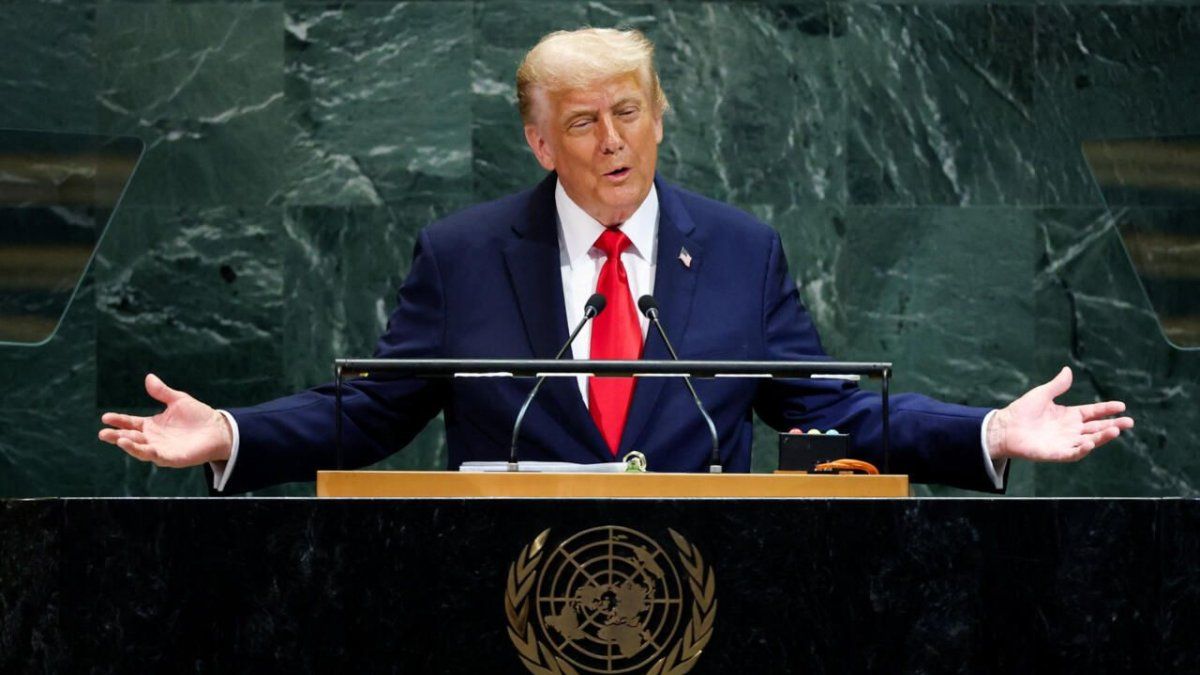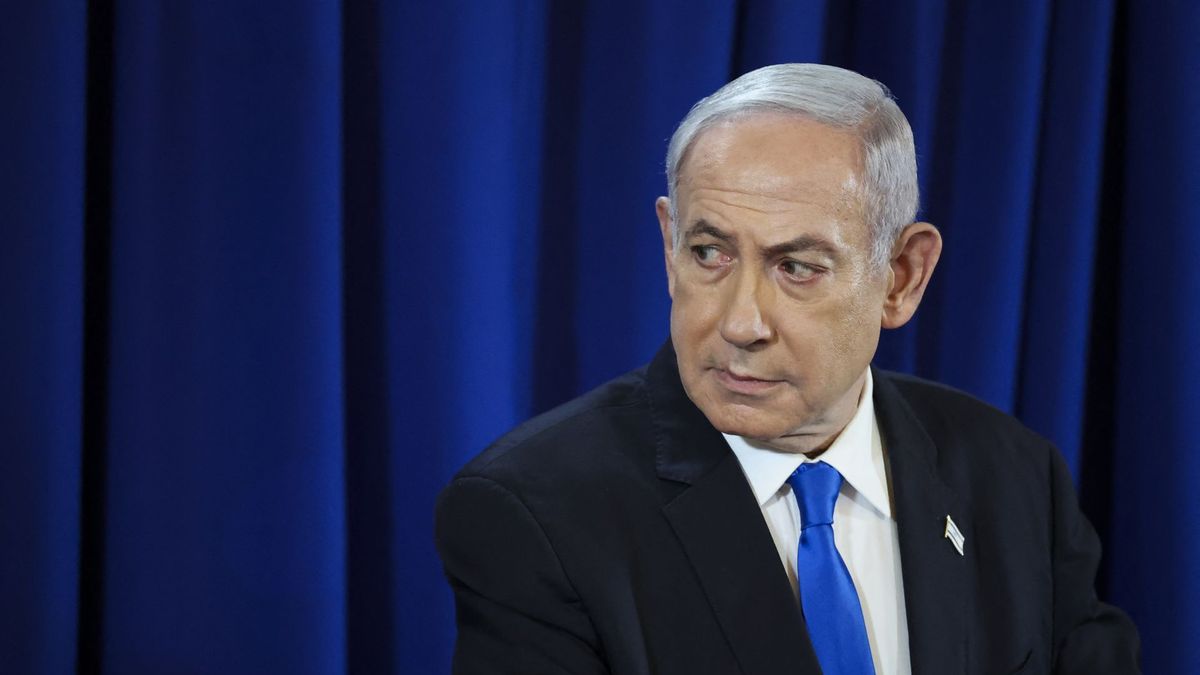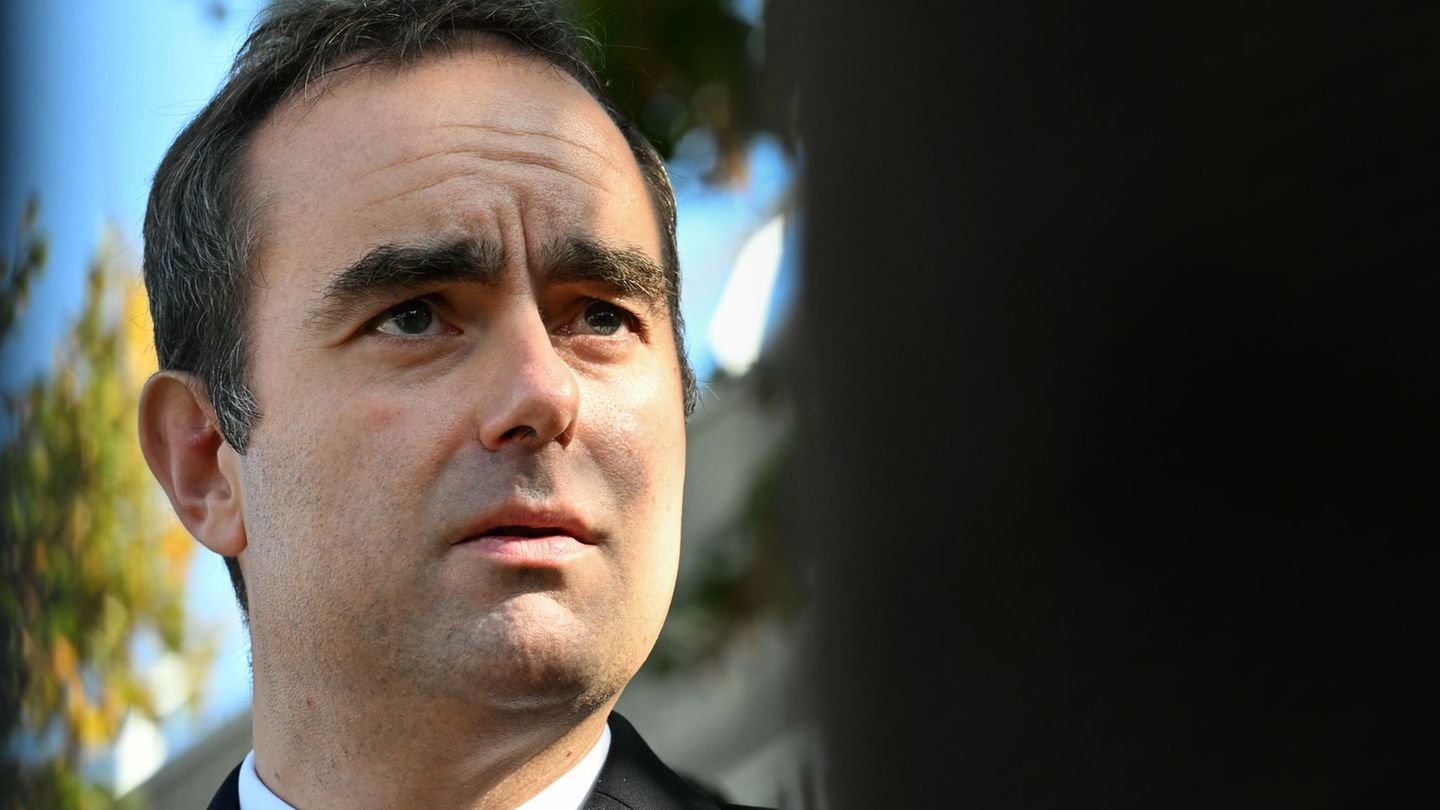But if there isn’t enough gas over the winter, inflation could double again – that would be 18 percent. The economy will still be good for the rest of 2022, but from December it will “possibly get very thick,” said Felbermayr on Thursday evening at the association discussion event “Energy transition – but safe” in Berlin.
“There is enormous potential for social conflict,” warns the Wifo boss. Then many things will no longer be carried out according to the rules of the market economy. There was a threat of “war economy conditions” that could “drive people onto the streets”. Then short-time work can be expected again, “with very large numbers quickly”. One-time payments would not help, people would only notice that they would run out of money in the middle of the month.
Edtstadler: “We have to reckon with a loss of prosperity”
The former EU Commissioner from Germany, Günther Oettinger, also spoke of wartime economic conditions in the winter. There will be “a gas price that has washed up” because Russian President Vladimir Putin will “open and close the gas tap” and thus prevent the storage tanks from being filled. Europe Minister Karoline Edtstadler (ÖVP) spoke of a “valley of tears” through which one had to go and said one had to face the reality “that we have to reckon with a loss of prosperity”. The question will arise “what can you endure”. Given what Europe may be facing now, “the corona pandemic was just a warm-up,” said the minister.
In the fight against high energy prices, Felbermayr called for the electricity price to be decoupled from the gas price. In any case, a price cap would have to come in step with Europe and would also cost “tens of billions”, but would still be more efficient than measures such as special taxes on energy companies or a tank discount. However, it would have numerous consequential costs such as export bans for the electricity made cheaper with tax money.
Strugl warns of regulated energy prices
Verbund boss Michael Strugl countered that such interventions in the electricity market would inevitably lead to a state-regulated price “like ours 20 years ago” – which he rejects. The price cap in Spain and Portugal has also meant that “gas-fired power plants run day and night” there – that would accelerate the gas shortage even further. In his view, the only alternative is to create new renewable energy capacity as quickly as possible. “We have to build, build, build,” said Strugl. Fossil power plants would only be pushed out of the market when enough power plants with renewable energy were available. In the transitional period, socially needy and affected companies must be supported.
The group agreed that Europe could only master the crisis together. If the EU countries were now to work against each other, it would make the situation even worse. The positive final note vehemently demanded by the moderator was only given in the long-term outlook. Strugl expects that although it will cost taxpayers billions to help those hardest hit, in the longer term the transformation of the energy supply to renewable sources will be accelerated. Felbermayr recalled a Wifo calculation according to which the long-term loss of prosperity was only half a percentage point of economic output. “It’s manageable in the long term,” says Felbermayr. And while Edtstadler quoted Jean Monnet, one of the intellectual co-founders of the EU: “Europe was forged in the crisis,” Oettinger is certain that Putin will not achieve his goal of “bringing the EU to its knees.” Europe has become stronger and stronger during the crisis. And he has very positive memories of his grandparents’ living situation, where only the kitchen – with wood – was always heated, while in winter the living room was only heated on Sundays – with coal – and the bedroom was never warm.
Source: Nachrichten




